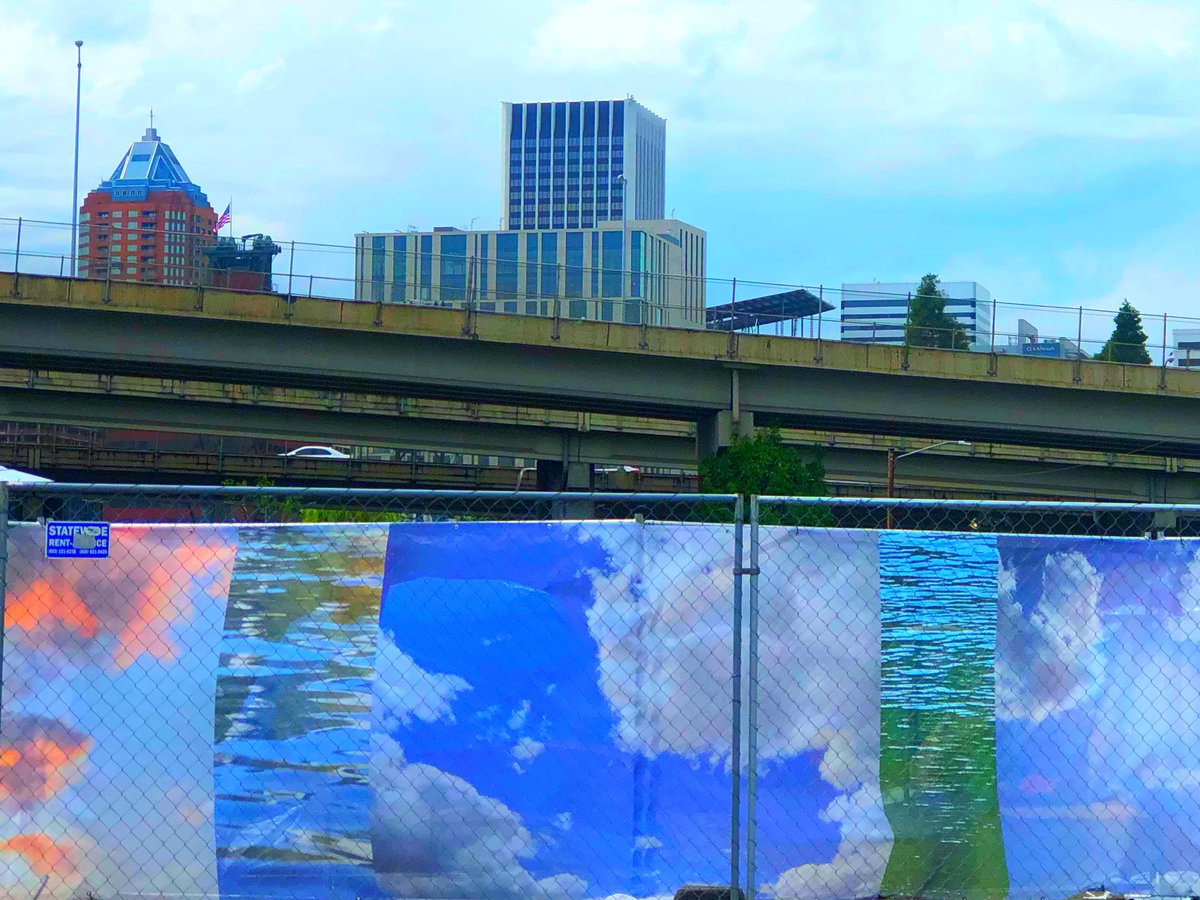
(Thread). There are vacant apartments around our city, but they are mostly inaccessible to people experiencing homelessness. We can change that. streetroots.org/news/2022/03/1… #3000Challenge
There are two buildings on SE Gladstone that include a juice bar, a hair salon, a bakery — and apartments where people who exited homelessness live. It’s called Jolene’s First Cousin. streetroots.org/news/2022/03/1…
When Kevin Cavenaugh dreamed up this project, he expected neighborhood pushback. Instead: “these are going to be our neighbors and we’ll likely know their names.” streetroots.org/news/2022/03/1…
Here’s a key ingredient: @pdxjoin takes a master lease. That way, they piece together rent assistance w/ other services to help people stitch together life after homelessness. The Metro Housing Services measure supports hosing people in this way. @HereTogetherOR
Whether through master leases or “scattered site” rentals, nonprofits like @pdxjoin, @ULPDX & @NWPilotProject can work with landlords. Do you own empty units & are interested? https://3000challengepdx
“They’re not homeless when they are housed.” That’s what a Creston-Kenilworth neighbor told Kevin Cavenaugh of people moving into Jolene’s First Cousin. Housing solves homelessness. People deserve support to succeed. streetroots.org/news/2022/03/1…
• • •
Missing some Tweet in this thread? You can try to
force a refresh




